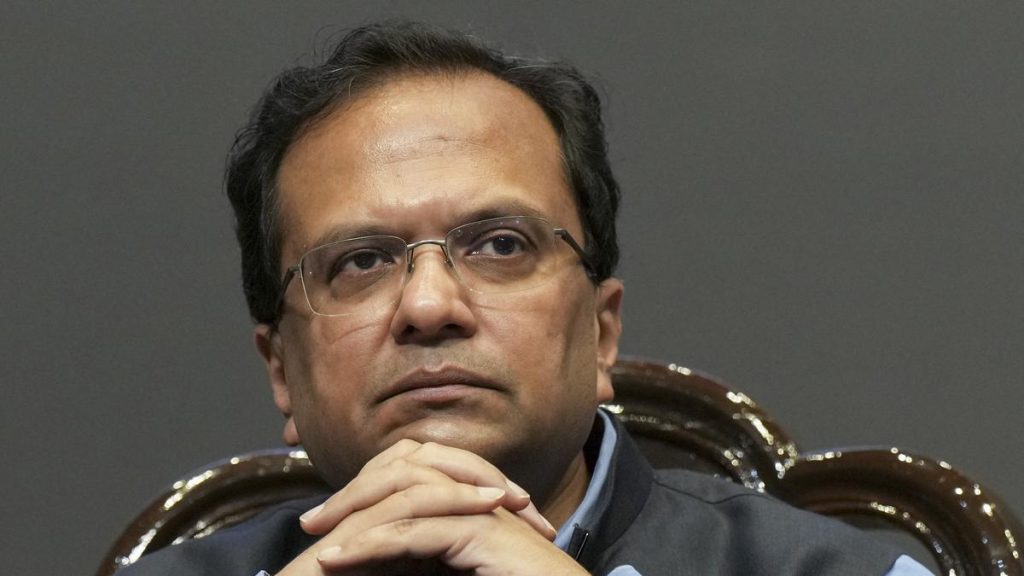Now Reading: International Solar Alliance Proposes India as Global Solar Innovation Hub
-
01
International Solar Alliance Proposes India as Global Solar Innovation Hub
International Solar Alliance Proposes India as Global Solar Innovation Hub
Quick Summary
- Initiative by ISA: The International Solar alliance (ISA) plans to establish 17 international centres of excellence by the end of 2025 and a Global Capability Center in India.
- Centres’ Role: Thes centres will focus on testing, lab training, and fostering a startup ecosystem in institutions modeled after IITs, ultimately serving as hubs for global collaboration.
- Expansion Goals: ISA anticipates expanding these centres to 50 nations due to increasing demand for human capital from India.
- About ISA: Conceptualized at COP 2015 in Paris by India and France, headquartered in Gurugram, haryana; includes ~100 member countries aiming for $1 trillion investments in solar projects and reducing technology costs by 2030.
- India’s Solar Milestone:
– Installed solar capacity stands at about 119 GW as of July 2025.
– Nearly half (48%) of India’s non-fossil electric capacity comes from solar.
– Total non-fossil fuel capacity constitutes almost half (50%), yet only ~30% electricity supplied is clean energy due to coal reliance.
- Regional Focus on Energy trade:
– Strengthening interconnectivity systems like One Sun, One World, One Grid (OSOWOG).
– Exploration of undersea grid links (e.g., long cable between India-UAE).
indian Opinion Analysis
The establishment of international solar excellence centres highlights India’s growing leadership role in renewable energy development globally. By leveraging its human capital-engineers and trained professionals-India aims to bolster its influence through collaborative programs across continents. The “Silicon Valley”-style hub could foster innovation within the global renewable ecosystem.
Domestically achieved milestones such as generating nearly half the electric power capacity via non-fossil sources are significant strides toward cleaner energy but still showcase gaps between installed capacities versus actual supplied clean electricity (~30%). Bridging this gap could require policy advancements targeting coal dependency reduction.
Efforts like OSOWOG further emphasize New Delhi’s ambition not just as a domestic leader but also as an architect for regional or transnational cooperation on renewable grids-a foundational strategy for efficient time-zone-based solar trade.Long-term success hinges upon sustained partnerships backed by clear execution frameworks that align technical capability with geopolitical cooperation priorities.
For more details read more























